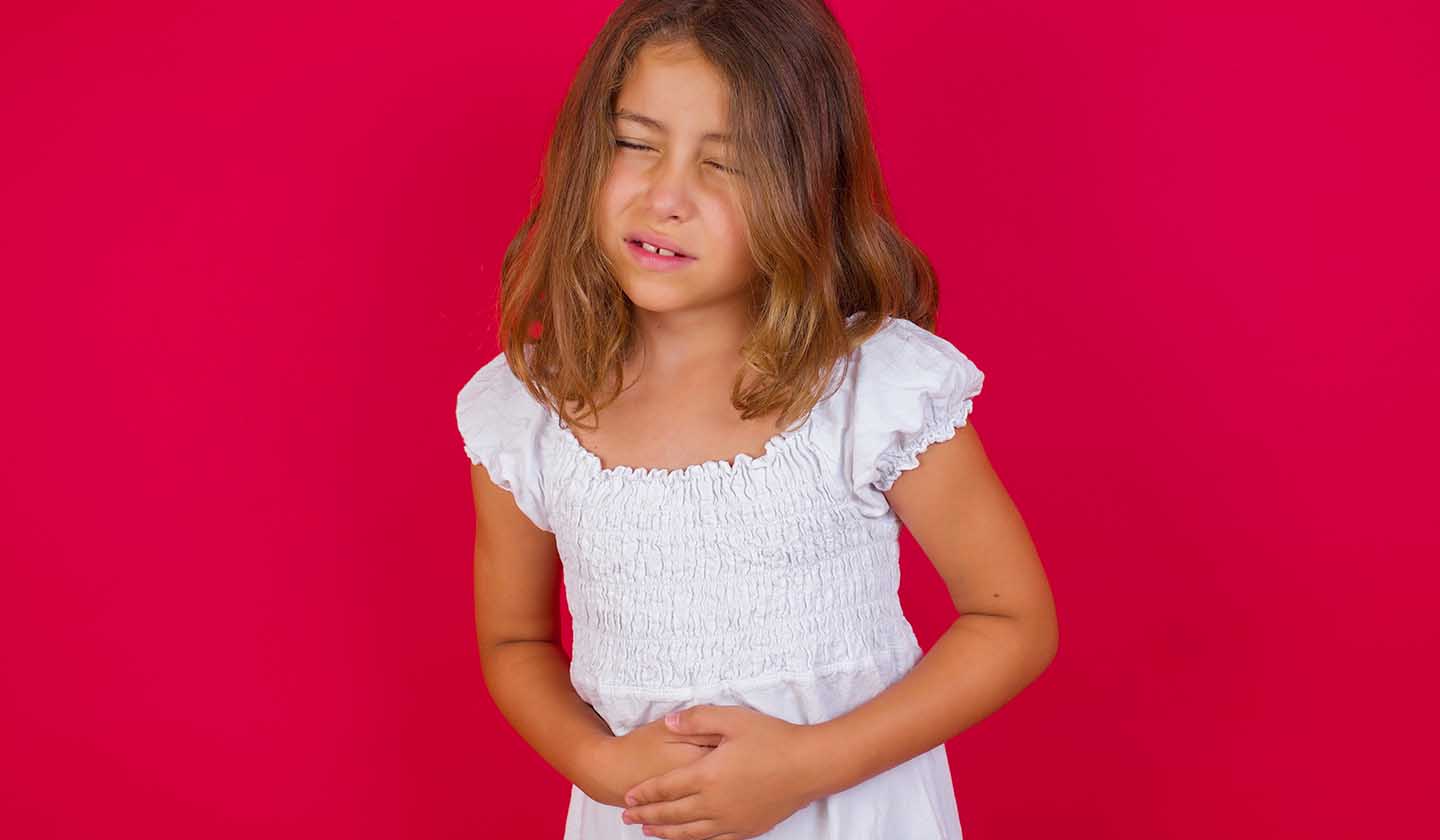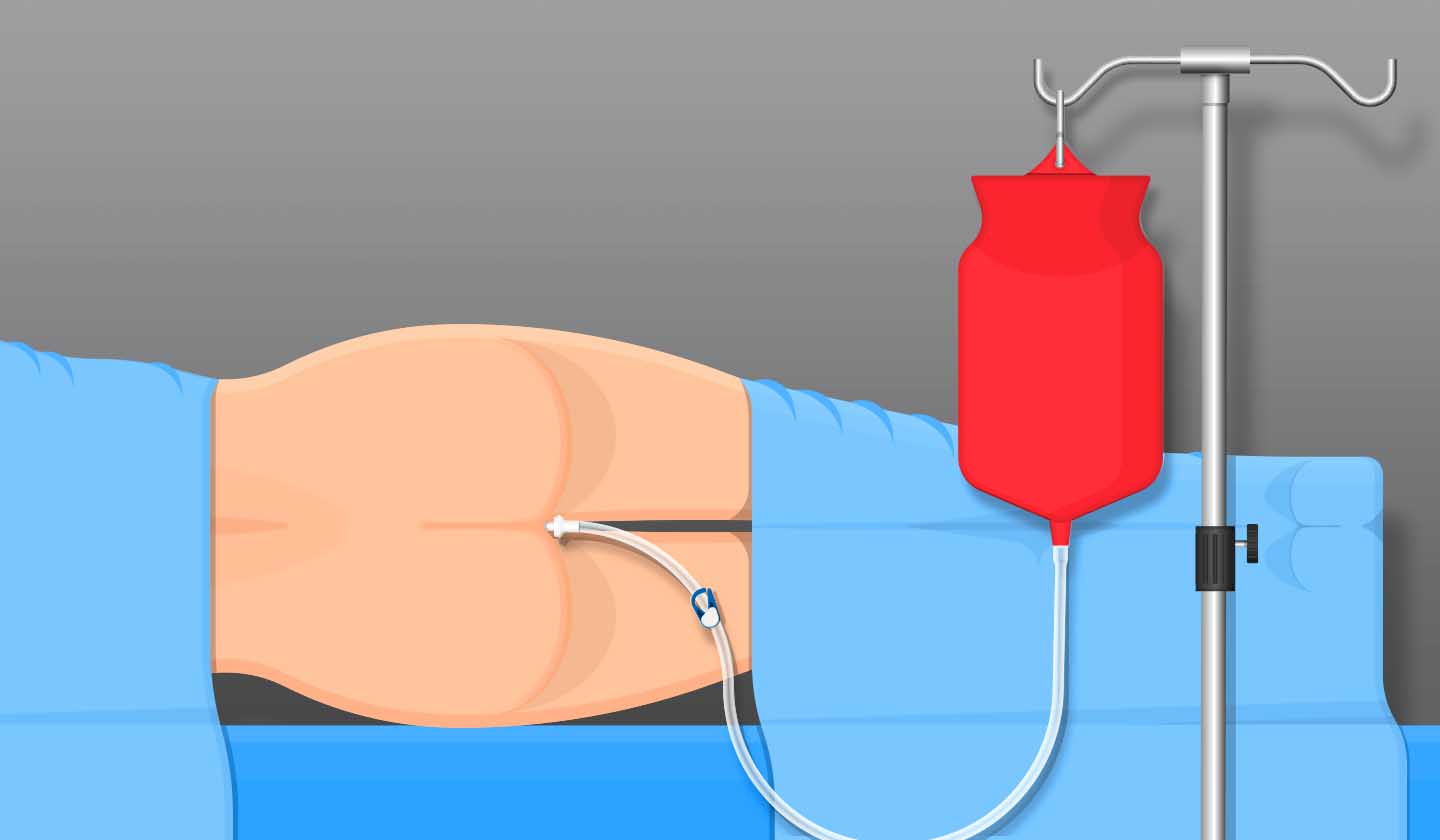Digestive system
Constipation in children. A headache for parents

Constipation is a common condition that affects 30% of children. Constipation in children can appear at any age, however, as a rule, it will mainly manifest itself during 3 periods of growth: food diversification (introduction of solids or milk derivatives), toilet training and at school age. Nevertheless, most situations occur at school age.
What types of constipation are there?
There are two types of constipation: functional constipation and chronic or recurrent constipation.
Functional constipation
Functional constipation, a condition that requires medication, occurs in 90 to 95% of children and an organic cause is still to be discovered.
Chronic constipation
Chronic constipation can be caused by neurological, endocrine-metabolic and anatomical diseases. However, it can also occur as a result of environmental, psychosocial factors, or both.

Can child constipation be prevented?
The prevention of constipation involves a diet rich in fibres and an adequate intake of water.
The following are some fibre-rich foods:
- Fruit (pear and apple, preferably with peel, plums and figs, dried fruits);
- Cereals (fibre, bran);
- Vegetables (beans, sweet potatoes).
Foods to avoid:
- Banana;
- Rice;
- Carrot;
- Drinking milk in excess (> 500 ml / day) can also be constipating.
Oral hydration, considering that the amount of water/milk ingested must be proportional to the child's weight. This means that:
- A child weighing 5 kg needs to ingest 500 ml of fluids;
- A child weighing 10 kg needs to ingest 1000 ml of fluids;
- A child weighing 20 kg needs to ingest 1500 ml of fluids.

How should we act in case of constipation?
If you see that the child has accumulated faeces, treatment should begin with cleaning the intestine, namely through the use of enemas, for a maximum duration of one week.
Laxatives can also be used, but these must be prescribed by the paediatrician. Laxatives should be associated with a fibre-rich diet (as already mentioned) and the acquisition of normal bowel habits through the regular use of the toilet.
In fact, when children start potty training, they should not be pressured to acquire the habit of going to the toilet too early, as this can create anxiety and start a vicious cycle of faecal retention. Older children, on the other hand, should be taught how to use the toilet or potty, 1 to 2 times a day, especially after meals (intestinal transit is more intense after meals) and should be encouraged to avoid stool retention during class or recreational periods.
Is constipation a result of environmental changes?
It is known that the onset of constipation in school-age children is mostly caused by environmental changes (transition from home to school environment), stress and changes in the pattern of evacuation (for example, fear of using the school toilet; leaving the house in a hurry in the morning). For this reason, parents and teachers should talk to their children and students in order to minimize the stress associated with such changes, thus creating better intestinal health (which will be vital for their intestinal balance throughout life).

António Hipólito de Aguiar
(Pharmacist; University Professor)
Também lhe poderá interessar
Digestive system
Diarrhoea - When nothing is better than a nearby toilet
Digestive system






